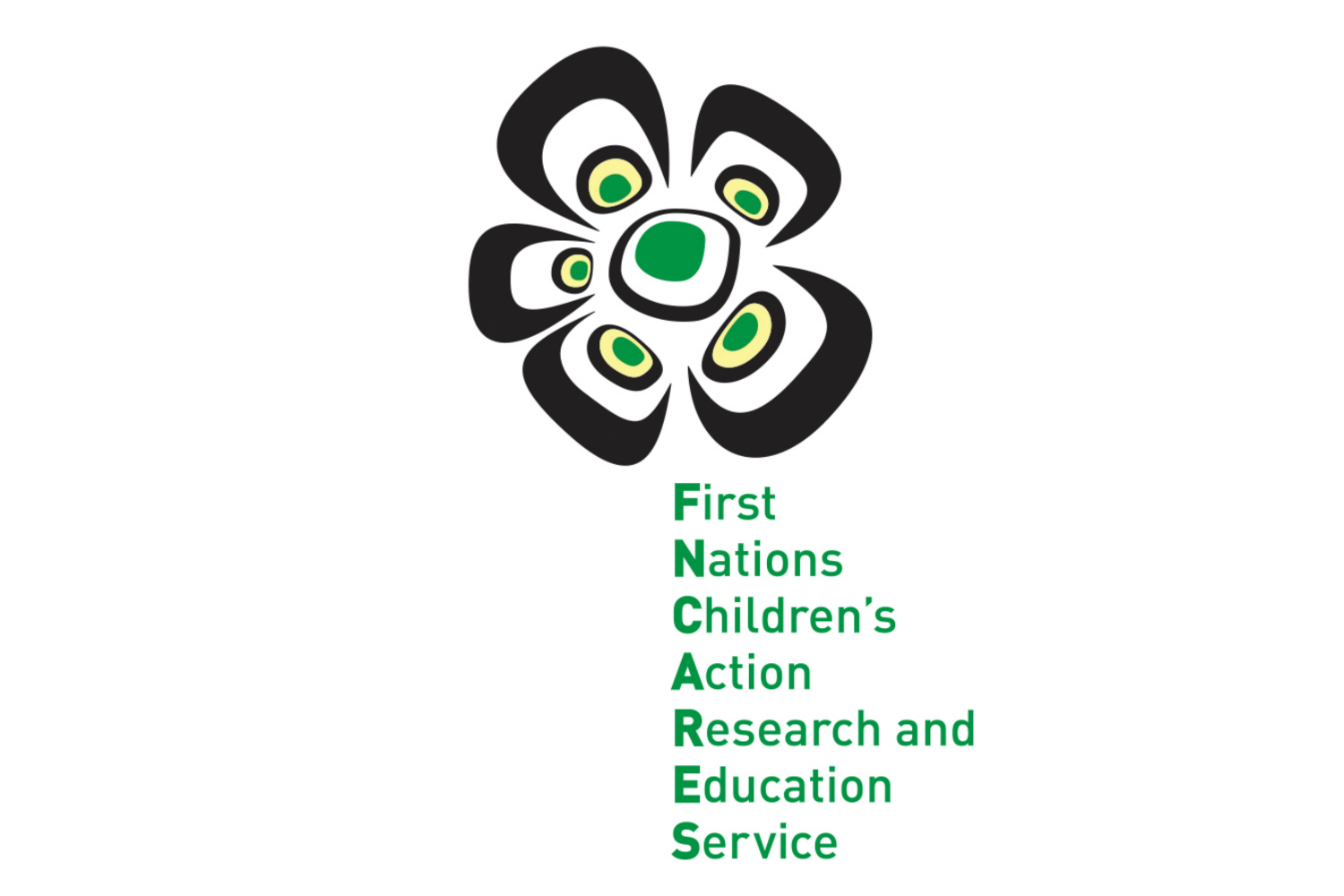While the topic of reconciliation has become a prominent part of public discourse in Canada over the last few years, many people still think of it as focused on past wrongs inflicted on Indigenous peoples, especially through residential schools. But Melisa Brittain, research associate with the First Nations Children’s Action Research and Education Service (FNCARES), says this notion overlooks the ongoing inequities experienced by First Nations children in terms of access to education, healthcare and other essential services many Canadians have the privilege of taking for granted.
“Right now there are three times more First Nations kids in the child welfare system than there were at the height of the residential school system, and that number just keeps going up because of increased poverty on reserves and inequitable funding that makes people send kids away to get education or healthcare, because the federal government funds them so inadequately on reserves,” Brittain said.
FNCARES was founded at the University of Alberta’s Faculty of Extension in 2012 by Cindy Blackstock, a professor of social work now based at McGill University. Established as the research arm of the First Nations Child and Family Caring Society of Canada, a non-profit organization dedicated to supporting care for First Nations children, youth and families, FNCARES joined the Faculty of Education as part of the Centre for Global Citizenship Education and Research (CGCER) earlier this year.
Educating for action on inequity
Brittain says FNCARES produces and compiles research and educational materials to promote knowledge and action to improve conditions for First Nations children. Such advocacy is necessary, she adds, as the federal government continues to fall short of its obligations in redressing structural inequities between Indigenous and non-Indigenous communities in Canada.
“The First Nations Child and Family Caring Society and the Assembly of First Nations brought a human rights case to the Canadian Human Rights Tribunal in 2007. In January 2016, that case was decided in favour of First Nations kids. The Tribunal found that the federal government was racially discriminating by providing inequitable services and funding on reserves for things like education, healthcare, child welfare—all these things that drive kids into the child welfare system at disproportionate rates,” Brittain said.
“Since January 2016, there have been three compliance orders from the Tribunal to encourage the federal government to provide immediate relief, but the government is still not in compliance, even continuing to defend itself in several court cases against First Nations children and families who are are suing to get access to necessary surgeries and other health services. We know the research is there, we know the structural inequities are there, and we know the need is there; we’ll continue to hold the government to account until they comply with the Tribunal’s orders.”
Brittain adds that these ongoing inequities continue the patterns of cultural erasure against Indigenous people that the Truth and Reconciliation Commission was meant to address.
“Many of us recognize that the residential school system has not ended; it has just been taken over by child welfare system in terms of displacement of First Nations kids from their homes,” Brittain said. “The ongoing colonialism that keeps First Nations people in poverty in a way that forces them off reserves continues the assimilation process that began with residential schools.’
“Kindergarten-ready” campaigns
The work of FNCARES also involves providing educational and research resources to the public—from research databases to documentary films—to promote not just knowledge of the issues affecting First Nations children, but advocacy and action on the part of Canadians. Brittain points to the FN Caring Society website and the section entitled “7 Free Ways to Make a Difference”—a collection of “kindergarten-ready campaigns” to help teachers and students take meaningful action to support First Nations children.
“We’re really focused on reaching kids early on, teaching them the history and the present of these inequities and getting them used to doing advocacy. We always look for ways to bring education and action together,” Brittain said.
Lynette Shultz, co-director of CGCER, says FNCARES is a great addition to the Faculty of Education and will help enrich discussions around the meaning of global citizenship.
“When I had the first discussion with Melisa Brittain about the work that FNCARES was doing, I was very excited about the connections with my research and the work at CGCER. We have for some time been working with Indigenous scholars in the Faculty of Education with the understanding that there is a long history of international work being done between and among Indigenous communities and nations and immigrants that reflected the relations that we currently discuss as part of global citizenship,” Shultz said.
“It is very interesting how a global citizenship framework really brings us back to local relations, always keeping the idea of interconnections. The work that Cindy Blackstock does on advocacy is, of course, exemplary, and we were delighted to begin discussions about how we can work together. Of course, the focus on children makes the Faculty of Education a perfect home. As we deepened our discussion of the work of CGCER, we were excited about how there was a great fit there as well.”
